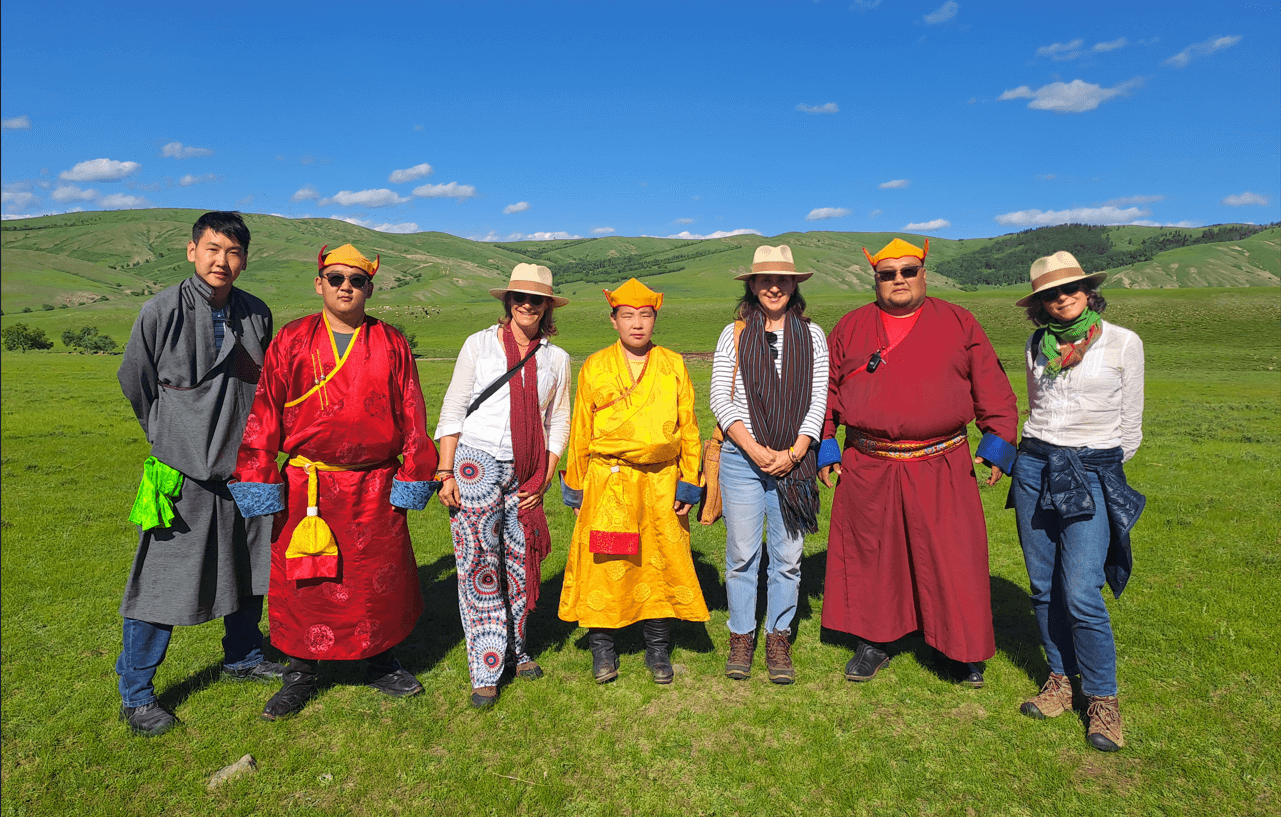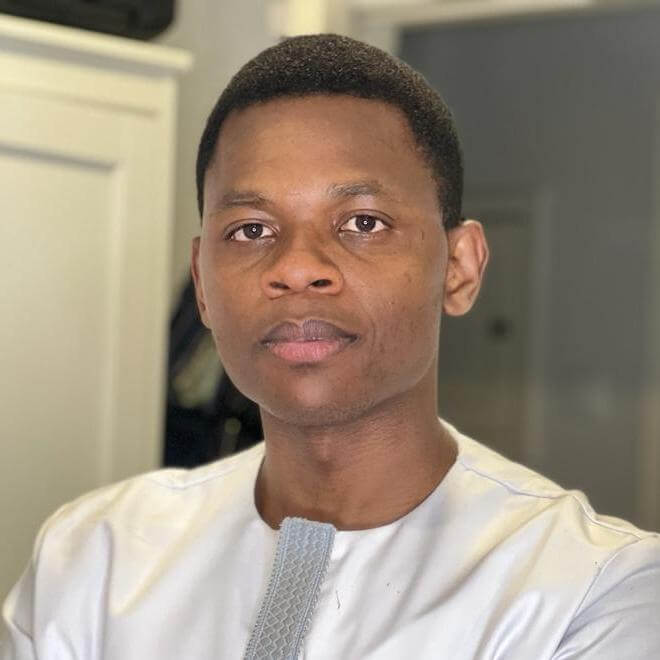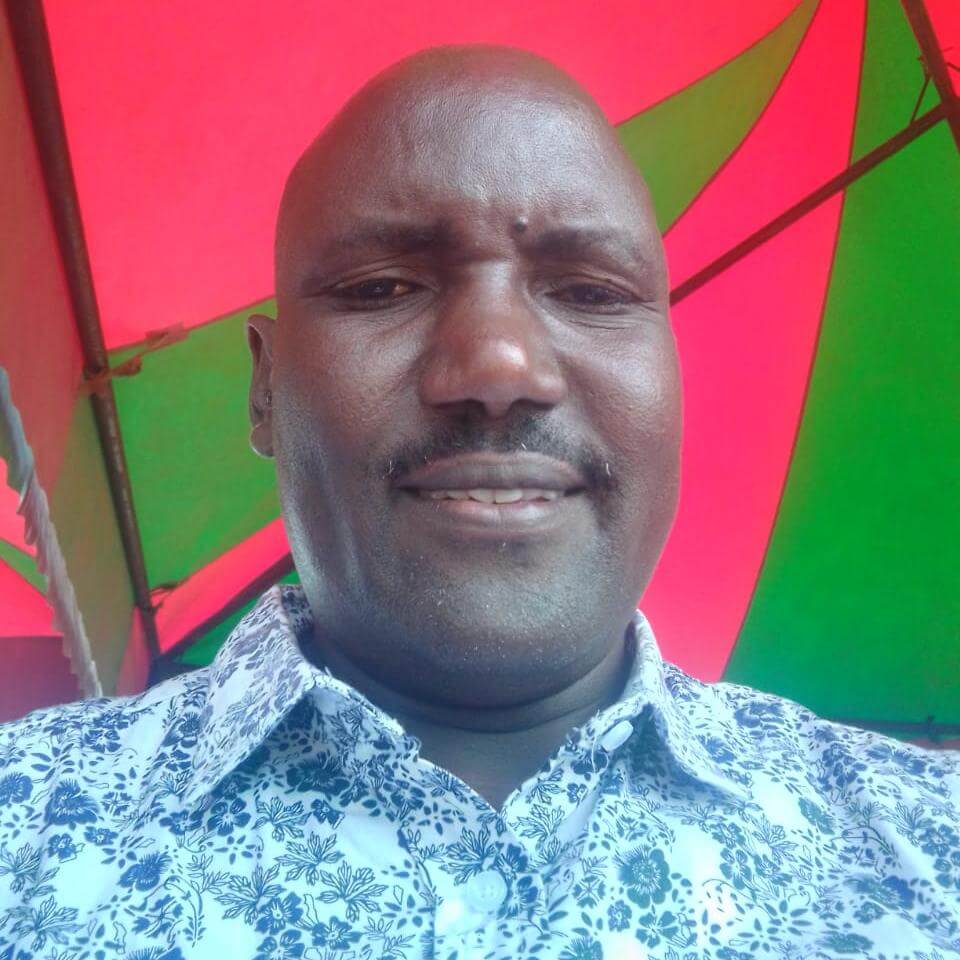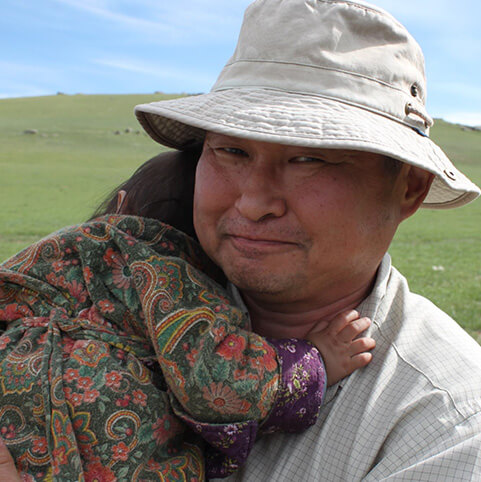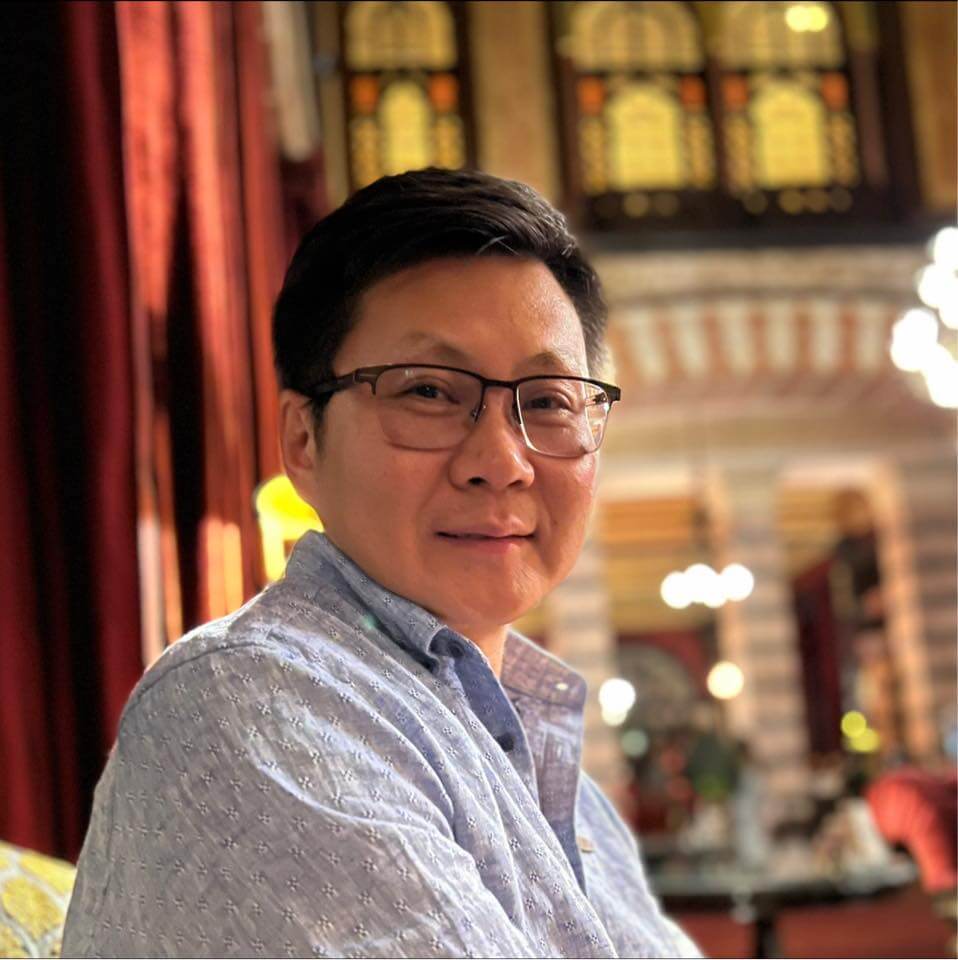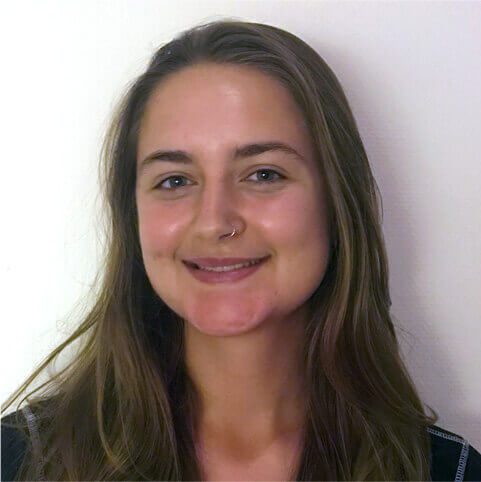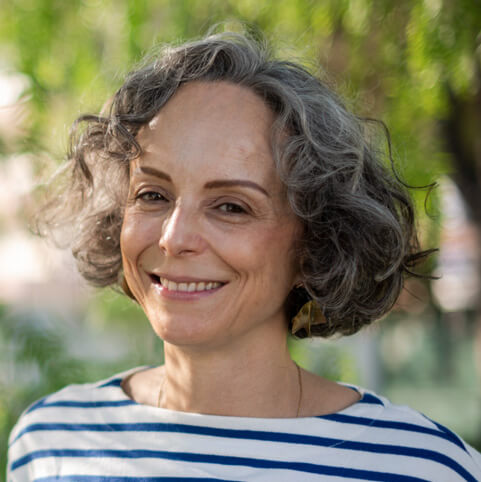Photo by Batbuyan Batjav.
MYNA researchers, Joana, Troy, Angela, and Batbuyan, later joined by biologist Vanda Onnesjo Lobo, conducted fieldwork in Bulgan Province (Aimag) during the Mongolian summer of 2023 (June-July). While in Orkhon Soum (District), they partaked in two lively ovoo ceremony festivities and a Naadam festival; and interviewed female and male herders of different ages, religious leaders, such as Buddhist monks from different monasteries and family members of a young shamaness; and members of the Orkhon Soum Administration. During this exceptionally wet summer, they camped under heavy rain while nearby mountain streams flooded, and then, hosted by a couple of herders who generously sheltered the team, consumed breakfast vodka and lots of the best airag (fermented mare’s milk) in the country.
Stay tuned for our upcoming photo-podcast reporting on our fieldwork and preliminary findings!

